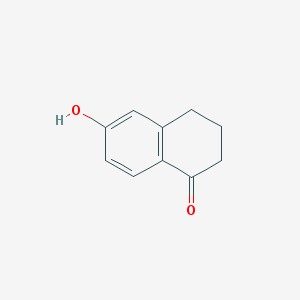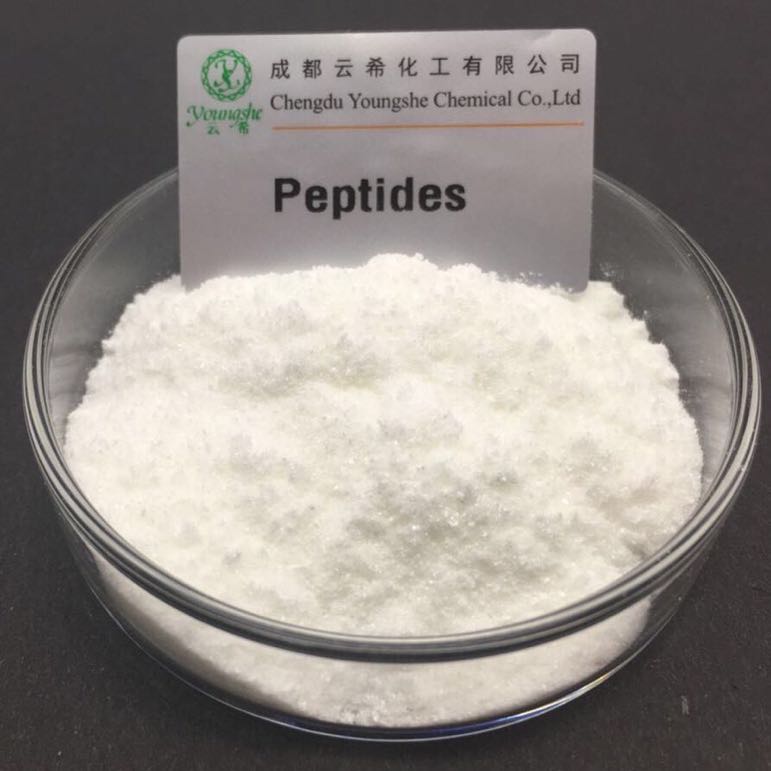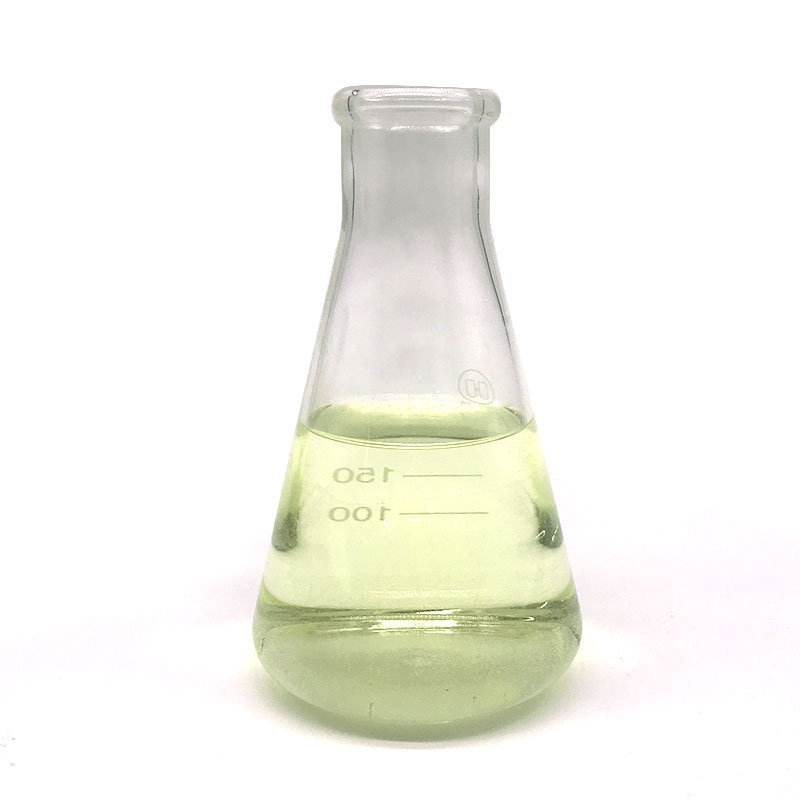A major breakthrough in male infertility research: spermatozoa defect epigenome becomes the key reason
-
Last Update: 2020-01-15
-
Source: Internet
-
Author: User
Search more information of high quality chemicals, good prices and reliable suppliers, visit
www.echemi.com
In the past 10 years, researchers have found that male infertility is related to the inability of defective sperm to "expel" histone from DNA during development However, the underlying mechanism and the occurrence of histone in sperm DNA are unknown I don't know Recently, in a research report published in the international journal developmental cell, scientists from the University of Pennsylvania, through research, use a new genome-wide DNA sequencing tool to clarify the precise genetic unknown of these stranded histones, and also found the key genes regulating these histones In this paper, the researchers use the mouse model of GCN5 gene mutation to study, which can help them closely track the sperm defects from the early stage of sperm development to the stage of fertilization This step is very important, because it can help researchers to understand the mechanism of male infertility, and also clarify that epigenetic mutations are How to transfer from male germ cells to embryos Epigenetic factor is a special factor that can not be encoded in DNA It can affect the genetic characteristics of organism and play a key role in the formation of sperm and egg Dr Berger said that for men with unexplained infertility, everything is normal in the eyes of doctors, including sperm count, movement, etc., but they do have fertility problems One explanation for this problem is the unknown error of histone, which will affect sperm and its early development Now researchers have developed a new model to use this model , researchers can clearly observe what happens if histones in sperm are not properly removed, and how they affect embryos Healthy sperm will lose 90% - 95% of histone (histone is the main protein in chromatin, which is responsible for wrapping DNA and turning on or off gene expression), and then use protamine to replace histone, which is a small protein, which can correctly wrap DNA into tiny sperm; considering the role of histone in infertility and embryonic development The researchers are very interested in determining the histone unknown, so that they can carry out later research and develop treatments for male infertility In this study, the researchers used a new technology called mnase sequencing, which can use enzymatic reactions to determine the specific location of stranded histones on important gene promoters Other studies using the same method found that histones exist in DNA repeat sequences and are placed in the so-called "gene desert", where histones play a less regulatory role In this study, we found that the previously described model is correct We found histones in genes that are very important for embryonic development, and also found that histones are located on repetitive elements These sites need to be closed to prevent these bases The region is expressed in the embryo Later, the researchers used a more precise sequencing technology, ATAC sequencing technology, to track the histone waves of specific sites in the genome of mice in the early and late stages of sperm development This technology can identify the open and closed regions in the genome, and then can cut and mark the DNA for sequencing research After studying the mouse model of GCN5 gene mutation, the researchers found that the fertility level of these mice was low, and the histone retained in the sperm of normal mice was related to the histone position in the early embryo, which supported the hypothesis that the epigenetic information of histone transfer of parents would be passed on to the next generation; this mutation model might provide researchers with a kind of Tools to study the molecular mechanism behind the mutant sperm track and what effect it will have on embryo development may also provide new ideas for the study of potential therapeutic strategies Now, the burden of IVF and other assisted reproductive technologies is on women, and sometimes male factors are key, says researcher Berger Can we use epigenetic therapy to change the histone and spermatin levels of men's sperm before embryogenesis? This may be the next step for researchers to explore At present, there are many epigenetic drugs that can treat cancer and other diseases Considering this mechanism, using these drugs to deal with sperm to increase its "expulsion" of histone may be worth further study At present, the limitations faced by scientists in the research of human embryos will lead to the lack of research on infertility and the influence of epigenome of parents on embryo development, which may emphasize the importance of such research Finally, researcher luense said that there are many different factors that can change the epigenome of sperm, including diet, drugs, alcohol, etc now I We also need to further study and understand the influence of these factors on the development of embryos These basic studies are very important, which is expected to help us understand the molecular mechanism and causes of epigenetic mutations (BIOON Com)
This article is an English version of an article which is originally in the Chinese language on echemi.com and is provided for information purposes only.
This website makes no representation or warranty of any kind, either expressed or implied, as to the accuracy, completeness ownership or reliability of
the article or any translations thereof. If you have any concerns or complaints relating to the article, please send an email, providing a detailed
description of the concern or complaint, to
service@echemi.com. A staff member will contact you within 5 working days. Once verified, infringing content
will be removed immediately.







